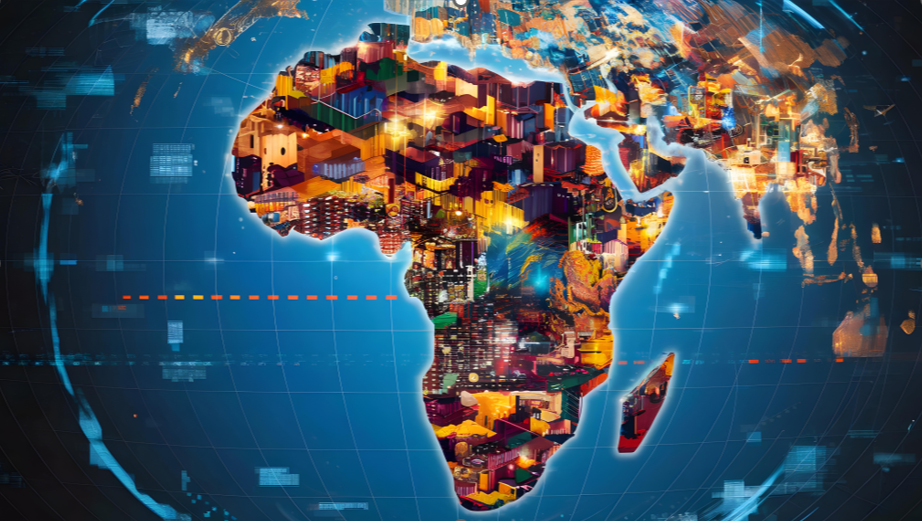
Understanding the International Trade Environment
The international trade environment is the system of rules, practices, and conditions that shape how goods and services move across borders. For SMEs and exporters, understanding this environment is essential for making informed business decisions, managing risks, and seizing global market opportunities.
Today’s trade landscape is influenced by factors such as global economic trends, trade agreements, logistics systems, market regulations, consumer preferences, and technological changes. Each of these can either open new opportunities or create new challenges. For example, shifts in global demand patterns can influence export potential, while trade policies like tariffs, quotas, and sanitary standards can affect competitiveness and market access.
Key Elements of the International Trade Environment
- Trade Policies and Agreements:
Understanding regional and bilateral trade agreements—such as those under the African Continental Free Trade Area (AfCFTA), EAC, and COMESA—helps exporters take advantage of preferential market access and reduced tariffs. - Regulatory Frameworks:
Exporters must comply with international standards, quality certifications, and documentation requirements to ensure their products are accepted in target markets. - Global Economic Dynamics:
Currency fluctuations, inflation rates, and global supply chain disruptions can impact pricing, competitiveness, and delivery timelines. - Market Intelligence:
Staying informed about target market trends, consumer behaviors, and competitor strategies enables potential and existing/matured exporters to tailor their products and marketing approaches effectively. - Sustainability and Traceability:
Increasingly, global buyers are emphasizing sustainable sourcing and product traceability, rewarding exporters who can demonstrate ethical and transparent production processes.
Why It Matters
A strong grasp of the international trade environment helps in reducing risks, negotiating better trade terms, and identifying new markets. It also builds confidence when engaging with international buyers, financiers, and logistics partners. Knowledge of the trade ecosystem empowers businesses to be more adaptive, innovative, and globally competitive.
Way Forward for Exporters
Potential and existing exporters are encouraged to invest in trade intelligence, attend Export Readiness and Compliance Trainings, and collaborate with Trade Support Institutions and Trade Associations. By doing so, they can better navigate the complexities of global trade and position themselves strategically for growth.
